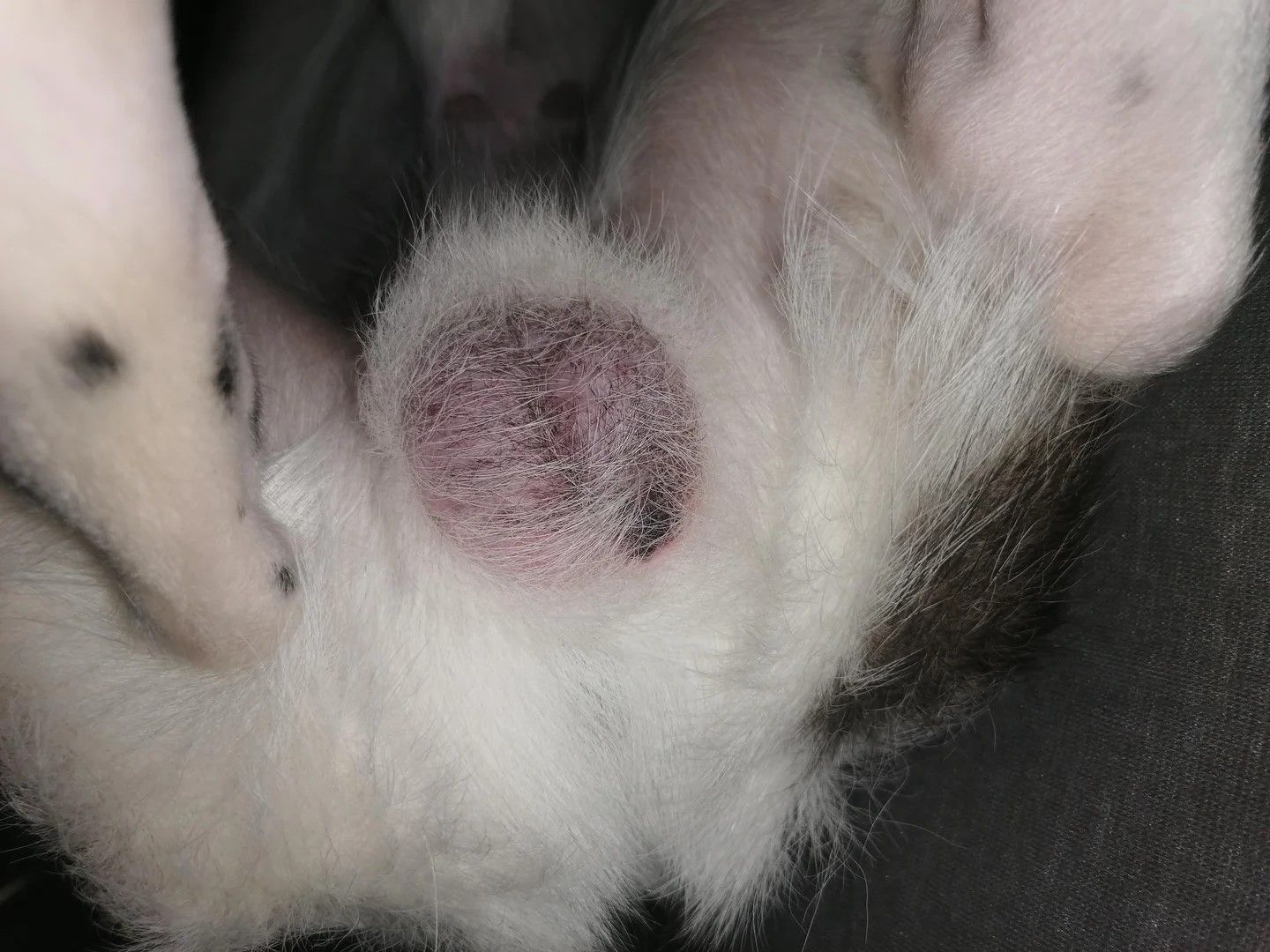What Are the Causes, Signs, and Treatment of Testicular Tumors in Dogs?
Signs, and Treatment of Testicular Tumors in Dogs
- Understand the causes, signs, and effective treatment for canine testicular tumors in dogs.
- Learn how Surgical castration is a recommended treatment option for many cases.
- Early detection through regular vet exams can help ensure a better prognosis for your pet.

Testicular tumors are a significant health concern for male dogs, particularly as they age. These tumors can lead to a variety of symptoms, including noticeable changes in your dog's behavior or physical appearance. Grasping the causes, symptoms, and treatment options for canine testicular tumors is crucial for pet owners who prioritize their dog's health and well-being. Early detection is key, and with proper veterinary care, including Surgical castration, the prognosis can be positive.
Causes of Testicular Tumors in Dogs
There are several factors that can contribute to the development of canine testicular tumors. Age is a leading factor, with older dogs being more prone to developing these tumors. Testicular tumors are more common in intact male dogs, meaning those who have not undergone Surgical castration. Genetics also play a significant role; certain breeds may have a predisposition to these types of tumors, with breeds like Boxers and German Shepherds being particularly susceptible.
In addition to age and genetics, environmental factors can also contribute to tumor development. Exposure to certain chemicals or toxins over time might increase the risk, though research on this is still ongoing. Another key cause can be related to hormonal imbalances, which may lead to the growth of abnormal cells in the testicles.
Owners should watch out for physical changes, such as asymmetrical testicles, which can be an early sign of a tumor. It's essential to stay aware of changes in your dog's physical condition, as early detection can greatly increase the chances of successful treatment.
Signs and Symptoms of Testicular Tumors
Recognizing the early signs of canine testicular tumors is vital for timely treatment. One of the most common symptoms is a noticeable lump on dog's testes. This lump may vary in size and may not cause immediate pain, which is why it can often go unnoticed by pet owners until the tumor has grown significantly. Regular physical examinations of your dog's testicles can help detect abnormalities early.
In addition to a lump, you may observe asymmetrical testicles, where one testicle appears larger or smaller than the other. This asymmetry is often caused by the tumor altering the size of one testicle, and it is a key sign to watch for. Dogs may also exhibit swelling or discomfort in the area, although not all tumors cause pain.
Other signs include behavioral changes, such as reduced energy levels, increased irritability, or reluctance to engage in activities they previously enjoyed. In some cases, hormonal imbalances caused by the tumor can lead to more noticeable changes, such as hair loss or the development of feminine characteristics in male dogs.
If you notice any of these symptoms, it's crucial to schedule a veterinary appointment for further evaluation. Early detection can make a significant difference in the outcome of treatment.
Treatment Options for Testicular Tumors
When it comes to treating canine testicular tumors, the most common and effective solution is Surgical castration. This procedure involves the removal of one or both testicles, depending on the severity of the tumor. Surgical castration not only eliminates the tumor but also helps prevent the spread of cancer to other parts of the body. In cases where the tumor is benign, this procedure can be curative, offering a positive prognosis for your dog.
For more aggressive or malignant tumors, additional treatments like chemotherapy or radiation therapy may be required. However, these are less common, as Surgical castration often provides the best chance for recovery. Early intervention is crucial; the earlier the tumor is detected and treated, the less likely it is to metastasize, or spread, to other organs.
It's important to consult with your veterinarian to understand the best course of action for your dog. The team at Forever Vets is experienced in handling such cases, and they can provide personalized care tailored to your dog's specific needs. If you suspect your dog might have a testicular tumor, don't hesitate to schedule an appointment with a trusted veterinarian.
Staying Proactive About Your Dog's Health
Testicular tumors in dogs can be a serious health concern, but with early detection and appropriate treatment, most dogs can recover well. Regular veterinary check-ups and awareness of symptoms like a lump on dog's testes or asymmetrical testicles are key to catching the condition early. If a tumor is detected, Surgical castration is often the recommended treatment and can prevent further complications.
To ensure the health and well-being of your dog, schedule regular exams with your veterinarian. The experienced team at Forever Vets is here to help with all your pet's healthcare needs. Schedule an appointment today to give your dog the best care possible.


